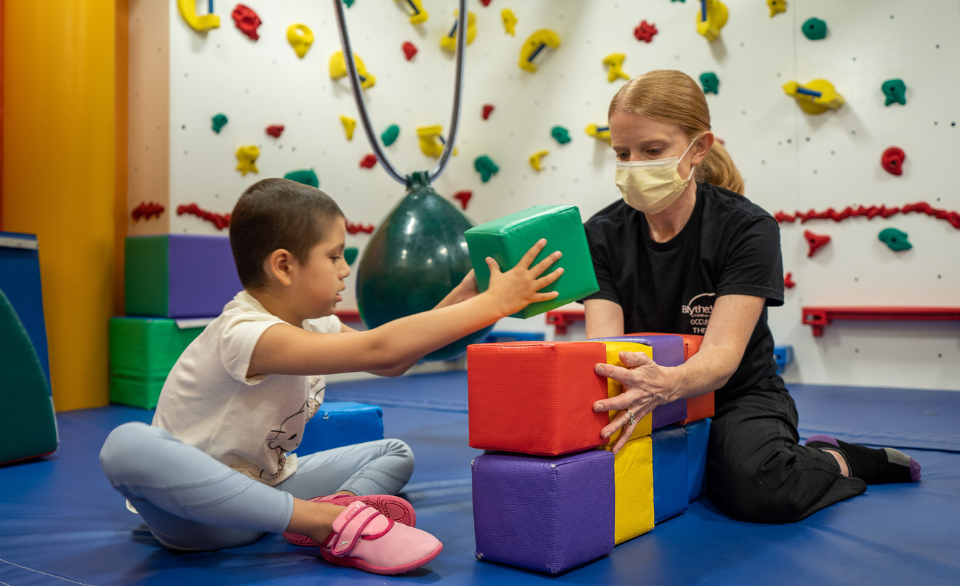Occupational therapy (OT) plays a vital role in improving an individual’s ability to engage in daily activities. Whether the challenge is physical, mental, or cognitive, OT focuses on helping individuals perform meaningful tasks that contribute to their quality of life.
What Is Occupational Therapy?
Occupational therapy involves using purposeful activities to enhance a person’s ability to carry out essential tasks. These activities range from basic self-care routines, such as dressing and eating, to complex tasks like managing a household or performing job duties.
The Role of an Occupational Therapist
Occupational therapists work closely with patients to understand their unique needs and challenges. By assessing the individual’s physical, cognitive, and emotional state, they create customized plans to enhance independence and participation in everyday activities.
Key Focus Areas of Occupational Therapy
Adapting the Environment for Success
One of the main strategies in OT is to modify the environment to support independence. This may include making physical adjustments to a home or office space, such as installing grab bars in bathrooms or arranging furniture for easier access. Environmental changes enable patients to navigate their surroundings with more ease and confidence.
Revising and Simplifying Tasks
OT professionals help patients by breaking down complex tasks into smaller, more manageable steps. These task modifications ensure that activities are not only achievable but also less stressful, boosting the patient’s confidence and motivation.
Teaching New Skills for Independence
A key part of occupational therapy is skill-building. Occupational therapists work with patients to teach them new techniques or refine existing skills. Whether learning how to manage personal hygiene with limited mobility or using adaptive tools for cooking, OT equips individuals with the necessary skills to lead independent lives.
The Importance of Mental and Emotional Health in OT
Addressing Cognitive and Emotional Barriers
Occupational therapy is not limited to physical health; it also addresses cognitive and emotional challenges. For example, patients with memory loss, attention difficulties, or emotional struggles benefit from strategies that help them perform daily tasks, manage stress, and remain engaged in activities that contribute to their overall well-being.
Promoting Mental Well-being Through Everyday Activities
Engaging in meaningful activities has been shown to enhance mental and emotional well-being. By focusing on tasks that patients enjoy or find fulfilling, OT promotes a sense of accomplishment and helps alleviate feelings of depression, anxiety, or isolation.
Overcoming Environmental Barriers to Daily Life
Creating Accessible and Inclusive Environments
Occupational therapists are experts in identifying and removing environmental barriers that prevent individuals from fully participating in everyday life. These barriers might be physical (such as inaccessible doorways or poorly arranged living spaces), social (like lack of support or opportunity), or emotional (such as fear or anxiety about performing tasks).
Empowering Patients to Make Changes
Beyond simply suggesting modifications, occupational therapists actively involve patients in making changes to their environments and routines. This collaborative approach ensures that the solutions are tailored to the patient’s specific needs and preferences, leading to better long-term results.
Occupational Therapy: A Path to Greater Independence
The ultimate goal of occupational therapy is to help individuals lead independent, fulfilling lives. By addressing both the practical and emotional aspects of daily tasks, OT empowers people to participate in the activities they value, enhancing their quality of life.



